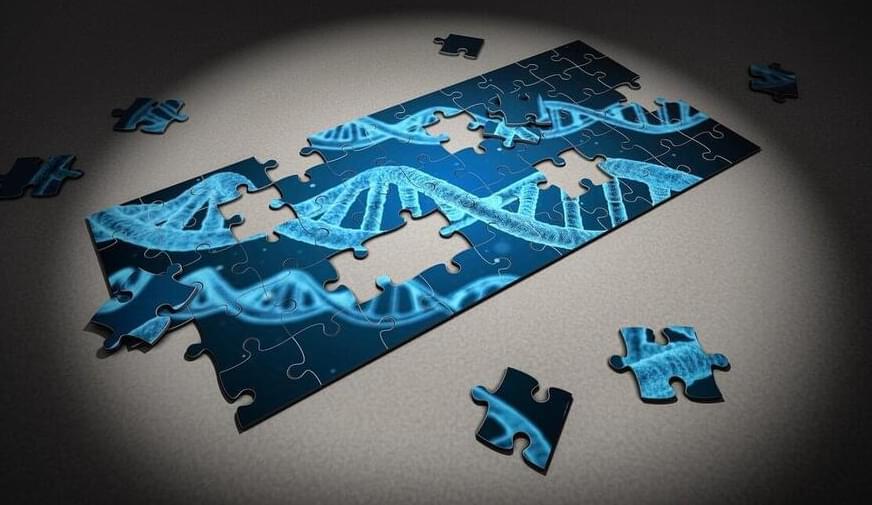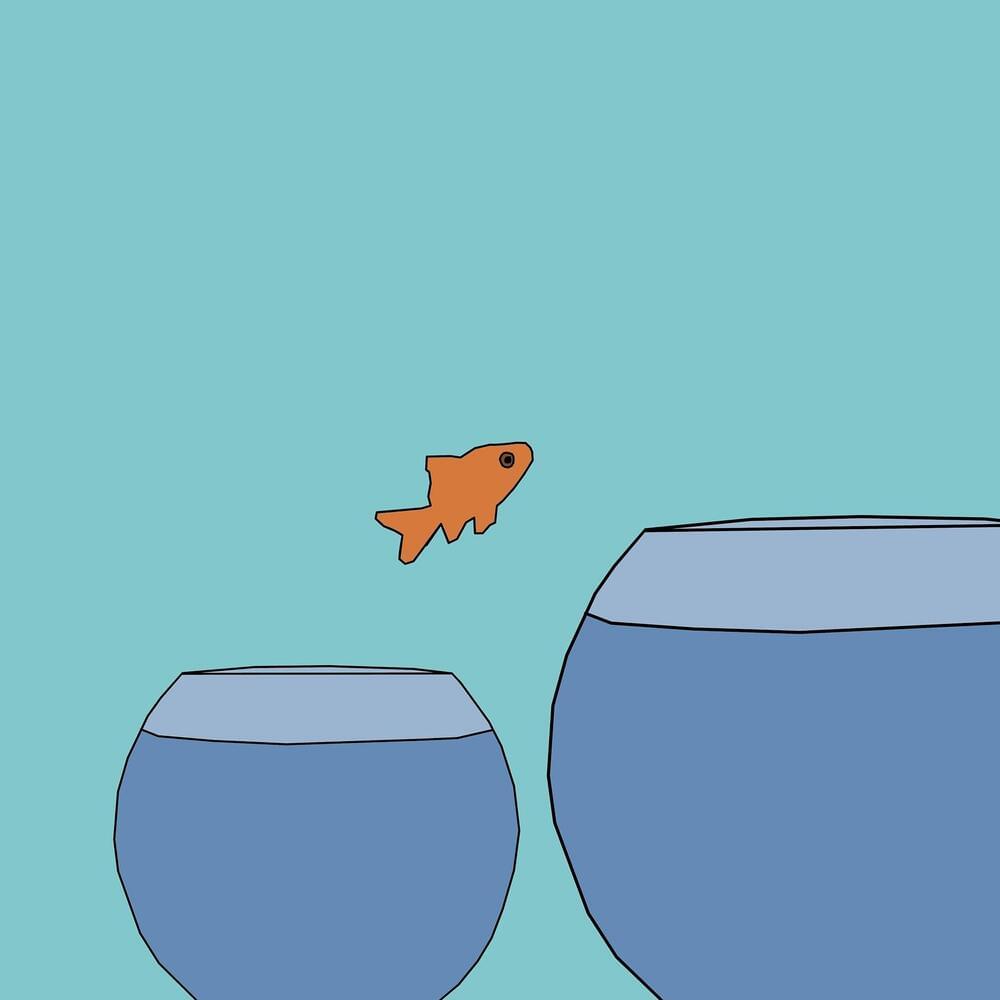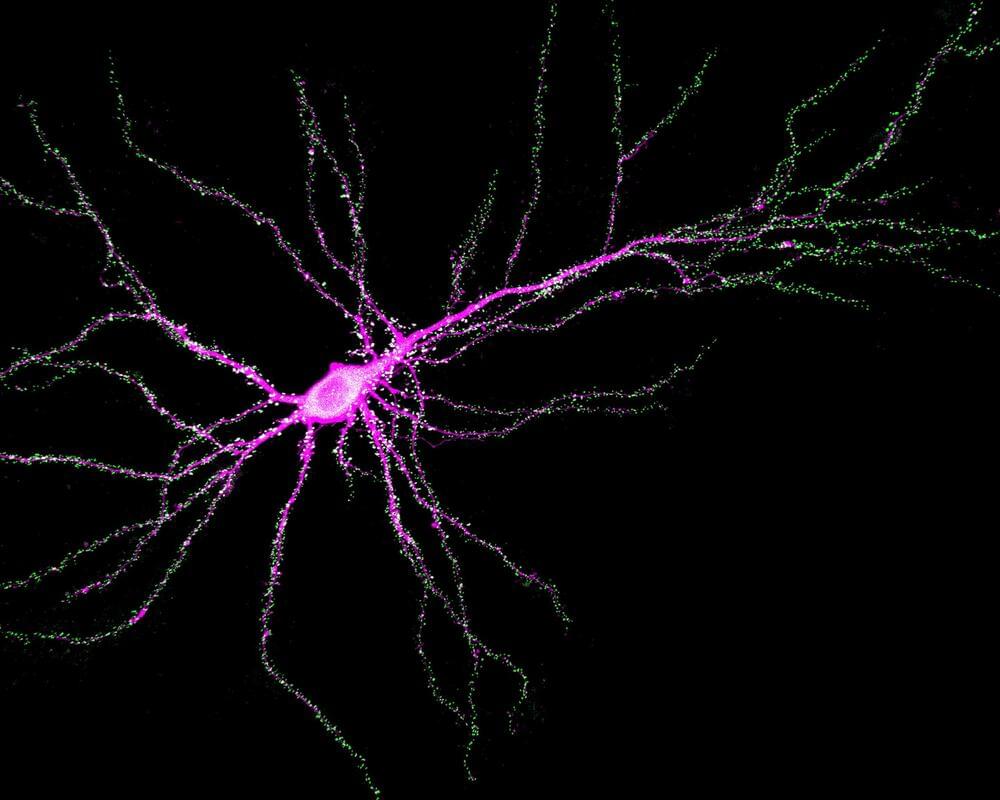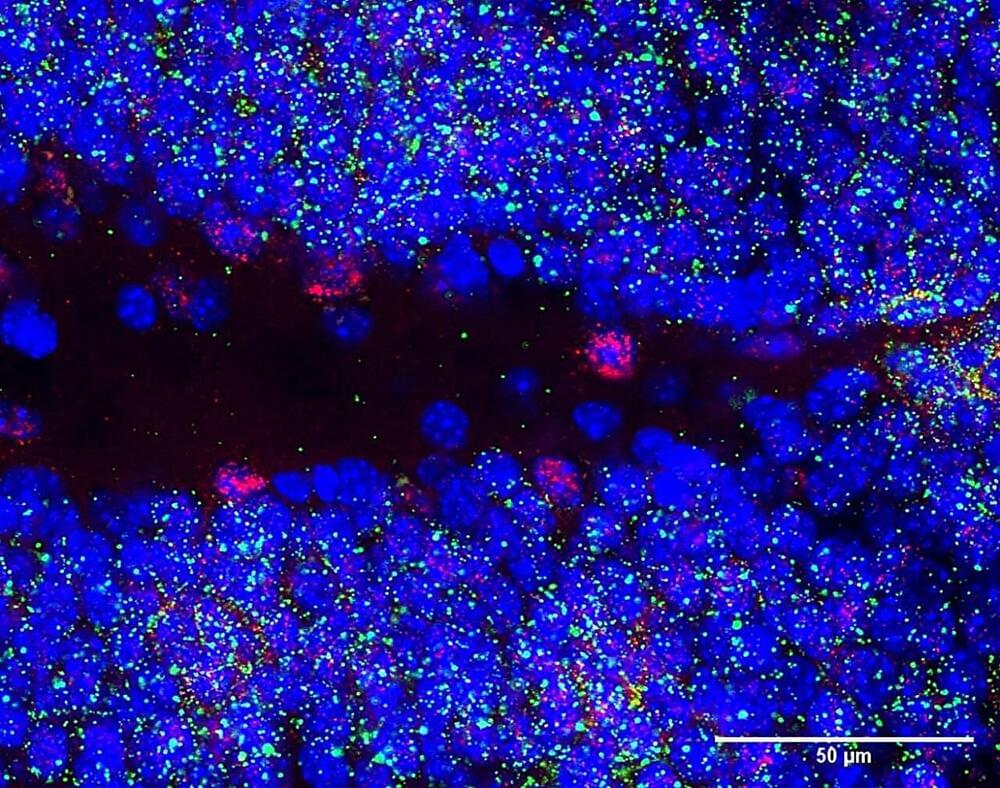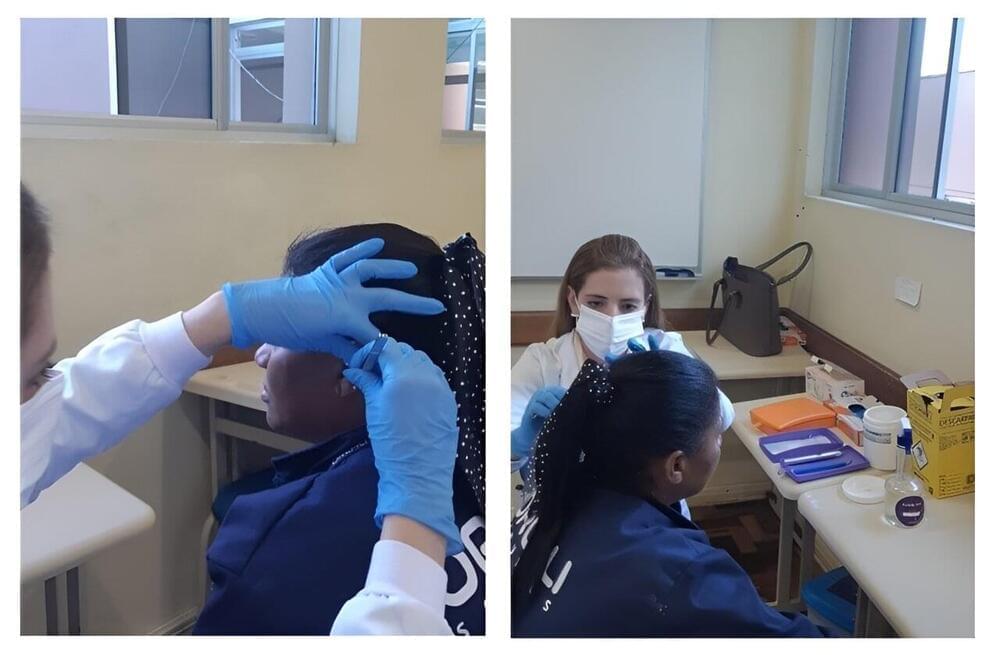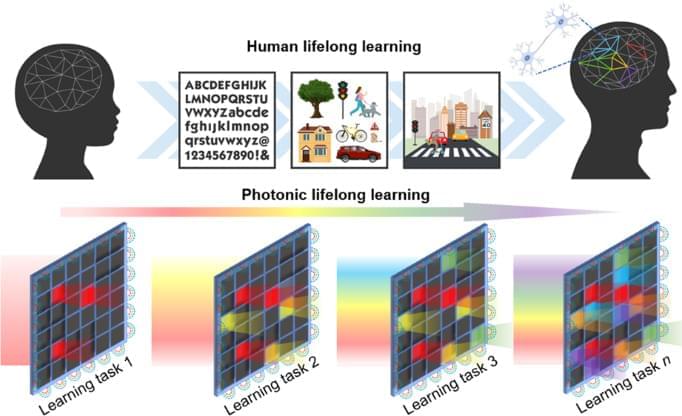Auricular acupuncture, recommended by the World Health Organization (WHO) and offered as an integrative practice since 2006 by the SUS (Sistema Única de Saúde), Brazil’s national health service, is safe for patients with depression and effectively reduces symptoms of this mental health disorder, according to a study conducted by researchers at the University of São Paulo (USP) and the University of Southern Santa Catarina (UNISUL).
The results of the study are reported in an article published in the journal JAMA Network Open. They confirm the efficacy of auricular acupuncture as an alternative treatment for depression, a mood disorder for which rising numbers are seeking care from the SUS, judging from data provided by the Ministry of Health.
Depression is one of the leading causes of disability worldwide, according to the WHO. In Brazil, the lifetime prevalence of depression is 15.5%, one of the highest globally, and depressive disorders account for 10.3% of years of life lost (YLL), a measure of premature mortality calculated by subtracting the age at death from the longest possible life expectancy for a person at that age.

